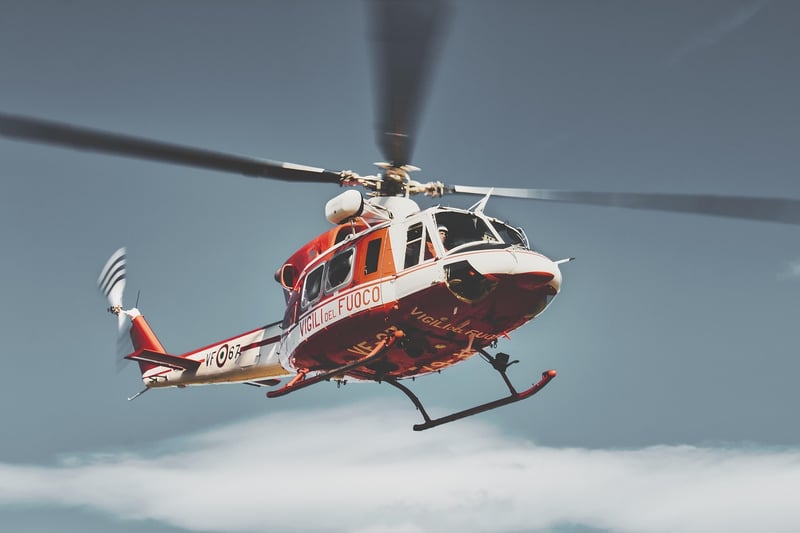Emergency Protocols
Preparing for Space: Emergency Protocols
Space exploration is an exciting and challenging endeavor that requires thorough preparation to ensure the safety of astronauts and the success of missions. To handle emergencies that may arise during space travel, astronauts follow strict protocols and undergo extensive training. Here are some key emergency protocols to be aware of when preparing for space:
1. Emergency Evacuation Procedures
In the event of an emergency on the spacecraft, astronauts must be prepared to evacuate quickly and efficiently. Evacuation procedures include practicing emergency drills, knowing escape routes, and using emergency equipment such as oxygen masks and fire extinguishers.
2. Communication Protocols
Clear communication is essential during emergencies in space. Astronauts are trained to use communication systems to relay information to mission control and other crew members. Establishing communication protocols helps coordinate response efforts and ensure everyone is informed and on the same page.
3. Medical Emergency Response
Astronauts receive medical training to address potential health emergencies in space. They are equipped with medical kits and have access to telemedicine support from healthcare professionals on Earth. Understanding medical emergency protocols is crucial for maintaining crew health and well-being.
4. Hazardous Material Handling
Spacecraft may encounter hazardous materials or substances that pose risks to crew members. Astronauts are trained in handling hazardous materials safely and mitigating potential dangers. Following strict protocols for containment and disposal is vital to prevent accidents and ensure crew safety.
5. Emergency Shelter and Life Support Systems
In case of damage to the spacecraft or other critical systems failure, astronauts need to seek shelter and rely on life support systems for survival. Understanding how to operate emergency shelter systems, such as inflatable habitats, and manage life support resources like oxygen and water is essential for crew survival in extreme situations.
6. Emergency Landing and Rescue Protocols
If a mission faces unforeseen challenges that require an emergency landing or rescue, astronauts must be prepared to execute evacuation and survival procedures. Training in emergency landing scenarios and rescue operations ensures that crews can respond effectively to unexpected events and return safely to Earth.
By following these emergency protocols and undergoing rigorous training, astronauts can mitigate risks and respond effectively to emergencies during space missions. Preparation is key to ensuring the success and safety of space exploration endeavors.

Image source: Pixabay
